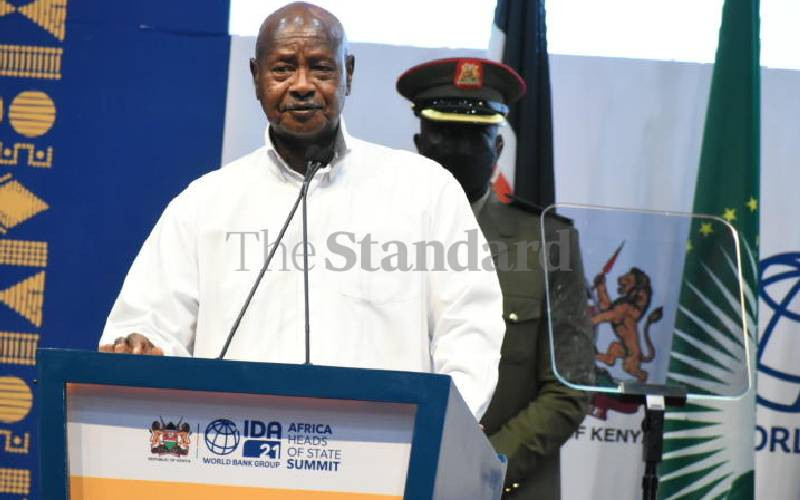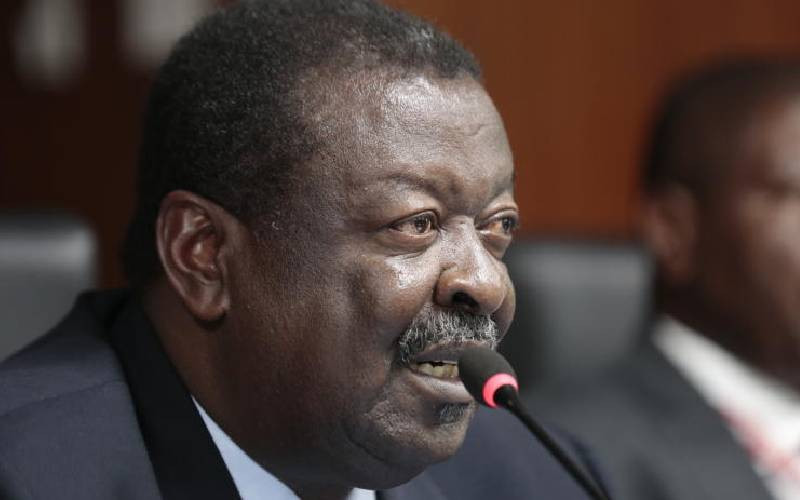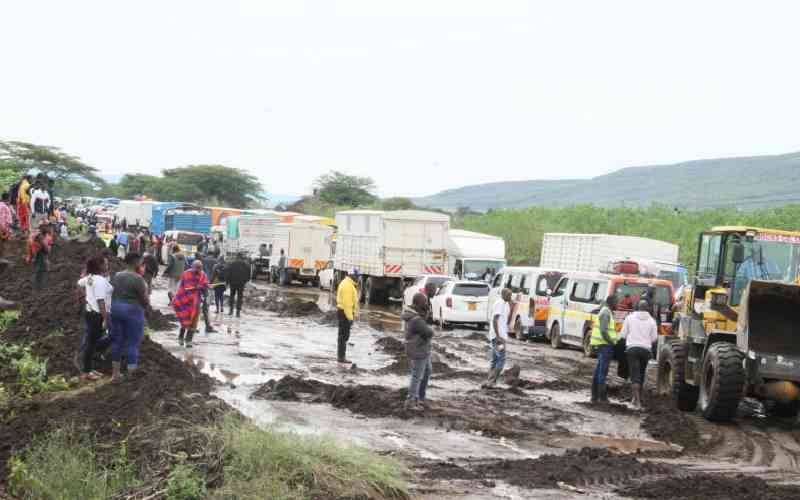
Gone are days when malaria would be ruled out despite symptoms simply because you did not “recently” travel to the Lake Victoria Basin or surrounding warm and humid areas that harbour Anopheles mosquitoes.
The changing climate has made highlands warmer and more humid, and effectively habitable for these mosquitoes.
In Kenya’s Lake Basin, the government has relentlessly educated the masses, providing medication, and distributing treated mosquito nets in its fight against malaria. But it is also here you are likely to encounter kitchen garden fences reinforced and growing trees veiled in treated mosquito nets.
Pieces of the nets make good sponges for bathing, or washing utensils in homes, besides other uses. This would be great if they were recycling, but that is not the case in many homes. The challenges go beyond civic education for vulnerable populations.
It is in these areas that climate-induced flooding and drought interfere with ecosystems and human settlements. Water stagnating as a result of floods creates breeding grounds for vectors and increases their contact with humans.
In other seasons, prolonged drought interferes with farming and food production, and may also cause migration, and leading to more cases of malnutrition. These and the spike in cases of malaria and cholera when it floods underscore the vulnerability of populations to climate-induced health crises, usually most visible when images of emaciated people flood the news and calls for help intensify.
The complex and multifaceted interplay between climate change and spread of vector-borne diseases that is posing health and other crises exists beyond Kenya. Like the Anopheles, the Aedes mosquitoes that bear dengue fever, Zika virus, and chikungunya, are extending their jurisdiction as warmer temperatures facilitate their breeding cycles and the viruses’ transmission rates rise in West Africa. Meanwhile, global statistics show a dire situation that needs more deliberate efforts to alleviate human suffering, especially Neglected Tropical Diseases (NTDs) and malaria.
- 123 countries back COP28 health and climate declaration
- Youth are the key to smart solutions in Africa food systems
- Health Ministry ups mosquito nets distribution
- Abel Mutua narrates pain of losing a childhood friend to malaria
Keep Reading
This week the World Health Organisation Task Team on Climate Change, Neglected Tropical Diseases and Malaria in conjunction with the Reaching the Last Mile published their recent scoping review showing how vector-borne diseases like malaria and dengue are likely to challenge public health. It takes us back to the spread of the disease vectors to areas where they never inhabited initially.
The review however establishes a disproportionate focus of existing research on low-disease-burden countries with high access to quality healthcare compared to the high-disease-burden regions, mostly in the Global South, where the impacts of climate change on malaria and NTDs are most severe. This needs to change before the climate crisis reverses decades of progress in global health and development.
In Africa, the changes in disease vector distribution due to rising temperatures and erratic weather patterns pose far-reaching impacts of climate change.
To confront these growing health challenges, Africa requires stronger surveillance systems, better public health infrastructure, increased civic education, more targeted research and innovation, as well as realistic policies and international cooperation.
Besides, policymakers, researchers, and global health organisations must desire a more critical balance in research focus beyond malaria, dengue, and chikungunya, to help develop effective, evidence-based interventions, protect vulnerable populations, and build a resilient future for Africa.
The future health of millions depends on ability to respond to this tightening nexus between climate change and global health. We must not allow climate change to unravel the hard-won victories in the fight against diseases.
The writer advocates climate justice.
 The Standard Group Plc is a multi-media organization with investments in media platforms spanning newspaper print
operations, television, radio broadcasting, digital and online services. The Standard Group is recognized as a
leading multi-media house in Kenya with a key influence in matters of national and international interest.
The Standard Group Plc is a multi-media organization with investments in media platforms spanning newspaper print
operations, television, radio broadcasting, digital and online services. The Standard Group is recognized as a
leading multi-media house in Kenya with a key influence in matters of national and international interest.











